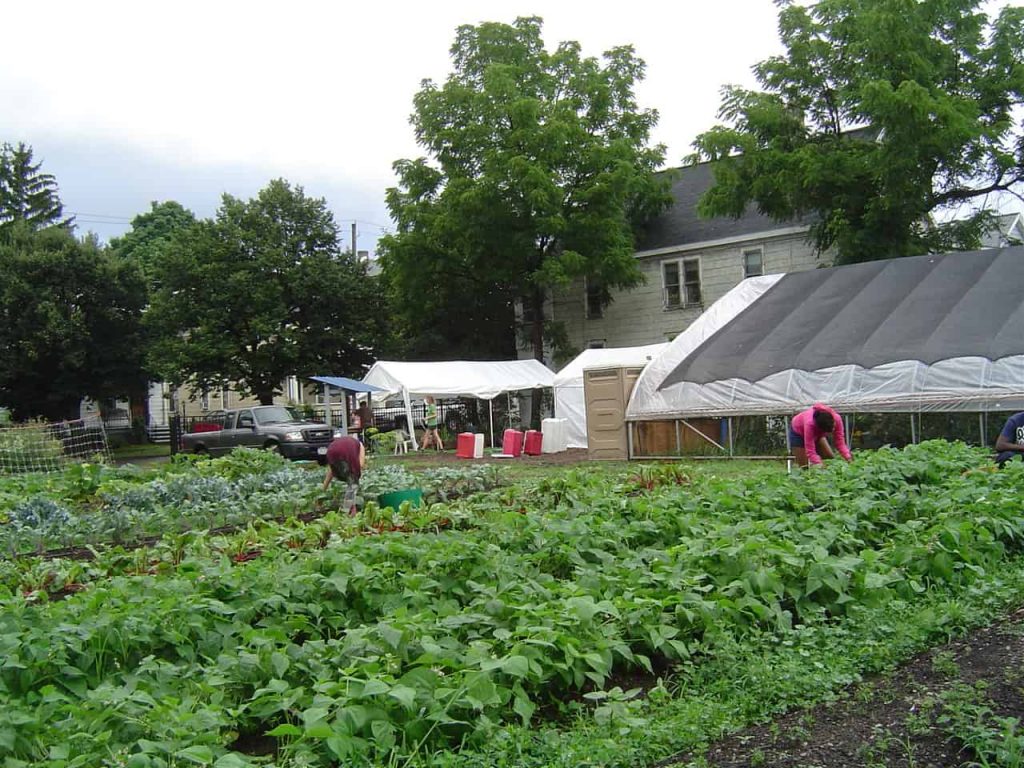Assemblywoman Donna Lupardo MA ‘84, a Democrat who represents a Binghamton-area district in Albany, said millions of dollars in federal funding allocated to support a New York state climate resiliency program have been suspended.
The state had received $60 million from the Partnerships for Climate-Smart Commodities Program, administered by the U.S. Department of Agriculture to fund various agricultural sustainability and environmental projects. Funding would have been distributed to various state agencies and private institutions, including the Department of Environmental Conservation, Cornell University, SUNY College of Environmental Science and Forestry and Syracuse University.
Funding was cut from the state’s Climate Resilient Farming Program, at least in part because the word “climate” was included in the grant, Lupardo told Pipe Dream on Friday.
Around $24.7 million was marked for the state Department of Agriculture and Markets to administer through the Climate Resilient Farming Program, launched in 2015 to help farmers adapt to the effects of climate change and reduce the agricultural industry’s greenhouse gas emissions output. The program offers cost-share assistance for farmers to help with carbon capture and sustainability through a competitive grant program.
The state’s 58 Soil & Water Conservation Districts award funding through the program in “one of three project categories: agricultural waste storage cover and flare for methane reduction, on-farm water management, and soil health systems.”
On his first day in office, President Donald Trump moved to suspend funding for climate change and environmental initiatives. He signed an executive order pausing grant payments under the Inflation Reduction Act and the Infrastructure Investment and Jobs Act, both signed by former President Joe Biden and aimed to support environmental protection, clean energy and infrastructure development.
On Jan. 27, the Office of Management and Budget issued a now-repealed memo requiring all federal agencies to “temporarily pause all activities related to obligation or disbursement of all Federal financial assistance, and other relevant agency activities that may be implicated by the executive orders” signed by Trump.
“The funding cuts and other policies will be devastating; It’s hard to assess something so catastrophic at this point,” Lupardo wrote.
“It’s hard to understand, let alone explain, what the impact of all this will be on NY farms; not to mention nationally where many farmers sell billions of dollars of grain to USAID,” she added, referring to the United States Agency for International Development. “Clearly, the current administration wants nothing to do with addressing climate change.”
Lupardo said legislators and environmental groups are working to acquire more funds for the state’s Environmental Protection Fund to compensate for the suspension of federal climate resiliency funding. The state has budgeted more than $15 million for the Climate Resilience Farming Program, and efforts are underway to raise that number to $33 million through the fund.
The lapse in federal funding comes as the agricultural industry faces a host of other challenges. Lupardo raised issues like potential tariffs, staffing cuts to the Department of Agriculture, delays in updates from the Centers for Disease Control and Prevention on avian flu and unpaid grants to reimburse farmers after they spent money on important upgrades. Another major concern is the potential for workforce shortages, as immigration raids could impact the availability of farm work.
As uncertainty grows over what the Trump administration could mean for the future of the agriculture industry and our climate, Lupardo, in her seventh year chairing the agriculture committee, remains an advocate for New York agriculture.
“As a group, we are making connections to policy-makers in Washington to raise awareness about this dire set of circumstances,” she wrote.



